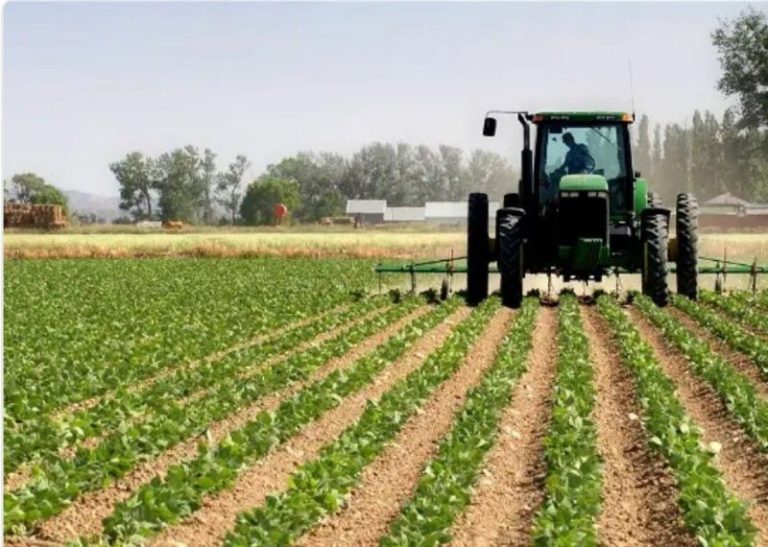The International Fund for Agricultural Development (IFAD)’s Value Chain Development Programme (VCDP) implemented by the Federal Ministry of Agriculture and Food Security has trained 102 private electronic agricultural extension (e-extension) service providers.
The training is aimed at reducing unemployment and strengthening food security.
Dr Fatima-Kabiru Aliyu, National Coordinator, FGN/IFAD Value Chain Development Programme (VCDP), disclosed this during a training of youths on e-extension as an enterprise on Thursday in Zaria.
The five-day training was organised by IFAD’s VCDP in collaboration with the National Agricultural Extension and Research Liaison Services (NAERLS) of the Ahmadu Bello University (ABU) Zaria.
The national coordinator VCDP was represented at the event by Mr Musa Dalang, Rural Institution, Gender and Youth Mainstreaming Adviser (RIGYMA), IFAD.
Aliyu, who said the programme, was developing the value chain of rice and cassava in the area of production, processing and marketing, also emphasised on the participation of youths and women.
“We have showcased agriculture as a business to our beneficiaries and we emphasised the rural enterprise model to the youths.
“Under the rural enterprise model, the programme has identified over 25 different enterprises, some of the enterprises are cassava or rice specific while others cut across the two commodities.”
She said the programme had developed modules for the enterprises and showcased the modules for the youths to make their choices to enable them to acquire skills in their choice enterprise.
Aliyu said the 102 participants were from Taraba, Ogun, Anambra, Ebonyi, Enugu, Nasarawa, Benue, Niger and Kogi states and they chose to learn e-extension as an enterprise.
The national coordinator said the programme chose to bring them to NAERLS because it had the national mandate on agricultural extension services.
“The training was equally important because of the moribund nature of public agricultural extension; before now the programme had engaged the services of private extension services providers.
“For purpose of sustainability, we felt it was important to train youths who would deliver extension services to their community members as private sector extension agents,” she said.
Earlier, Prof. Emmanuel Ikani, Executive Director, NAERLS, advised the participants to explore more business opportunities in all the segments of the training.
Ikanni urged the participants to see agriculture as a business through the concept of the value chain in the area of inputs, cultivation, harvesting, processing and marketing because all of them are connected.
The academic said one of the best ways to do agriculture was to do it as a business as one of the significant components of the value chain for agricultural commodities was processing.
He, therefore, advocated for improved power supply in the country to harness the potential in processing components of the value chain for agricultural commodities.
Speaking on behalf of the participants, Malam Mannir Mafindi, a rice farmer from Gassol LGA, Taraba, said the VCDP had upgraded his status from rice farmer to rice seeds entrepreneur.
While commending the organisers for the training, Mafindi said the training would be integrated into his rice seeds production and it would also enhance the skills of the participants on e-extension services.


